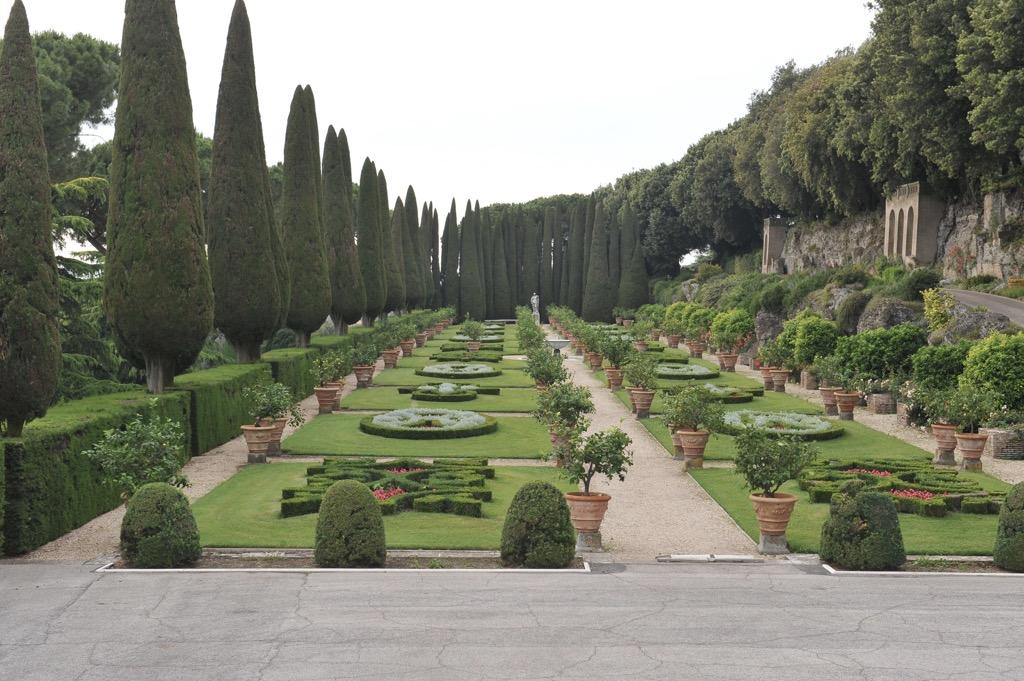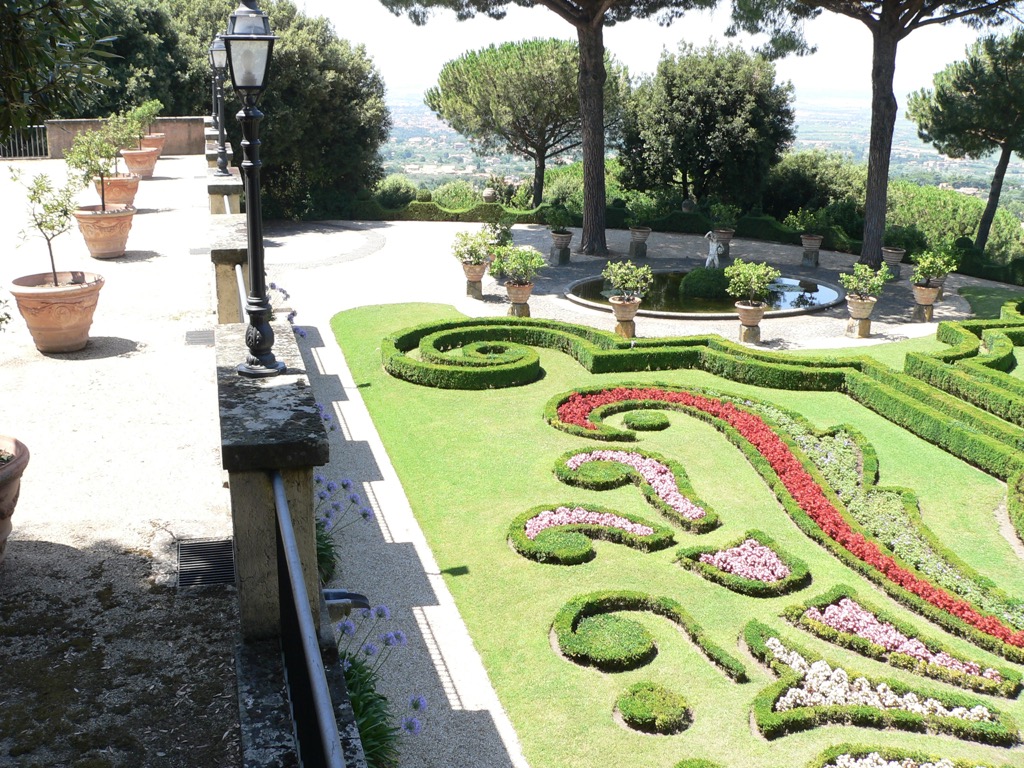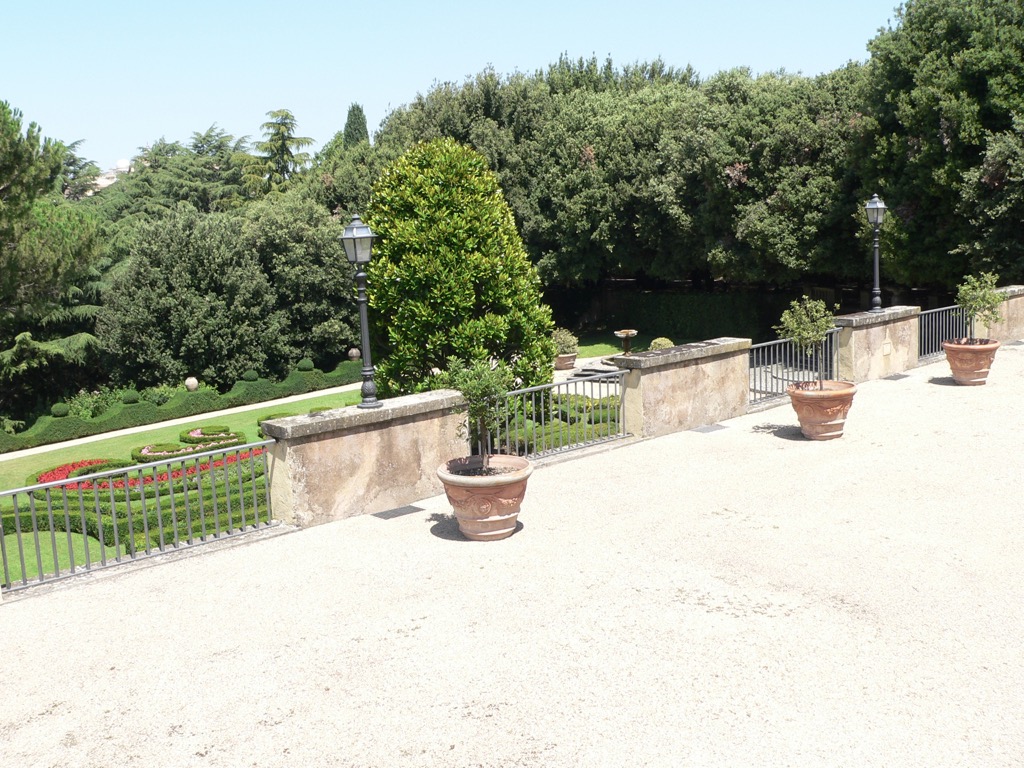(ZENIT News / Ciudad del Vaticano, 02.02.2024).- On February 2, 2023, the Holy Father Francis established the Laudato Si’ Center for Higher Education (CeAF-LS), a scientific, educational, and social activity body charged with the task of offering the integral formation of the person according to the principles of the Laudato Si’ Encyclical, with particular attention to young people and those living in vulnerable conditions (cf. Statute, Art.1).
In fulfilment of this task, as indicated by the chirograph of February 2, 2023, in its first year of existence, the CeAF-LS undertook to develop the Borgo Laudato Si’ project, with the aim of making the principles set out in the Holy Father’s 2015 Encyclical Laudato Si’ on the environment applicable, taken up even more explicitly in the Pope’s Apostolic Exhortation Laudatem Deum, published last October.
The CeAF-LS, assisted by top-level national and international experts, outlined first of all the three main guidelines of the “Borgo Laudato Si’” project: education in integral ecology, the circular and generative economy, and environmental sustainability.
The project covers 55 hectares of extraterritorial area at Castel Gandolfo, divided into 35 hectares of beautiful gardens and 20 hectares of agricultural and livestock land, greenhouses and service buildings. The actual takeover of the entire perimeter by CeAF-LS took place on January 15, 2024, and the staff previously employed on the 55 hectares were transferred to CeAF-LS. Work was carried out in cooperation and dialogue with the Governorate of Vatican City State and the Directorates concerned.
The implementation of this first project is planned in two major phases. The first phase concerns the garden area, and the second , the agricultural and zootechnical area. As far as the first phase is concerned, the project is built on the wonderful natural, historical, artistic heritage of the Papal Villas, 35 hectares of beauty. The activities which already started in recent days, concern, primarily, the conservation, maintenance and care of the heritage entrusted to the CeAF-LS, which is committed to protecting and developing it while also using new techniques and technological innovations, to preserve better the inestimable richness of the site and its integrity for the future generations.
In this privileged framework, soon a series of formative activities will begin, all of them inscribable in the epigraph of education for an integral ecology.
In the first place, continuity will be given to the opening of the gardens to public visits, activity which already began in previous years to fulfil the Holy Father’s wish to open his House to all. The fundamental idea is to offer visitors the opportunity to combine centuries of history, a unique natural and artistic beauty and an immersive Laudato Si’ itinerary in a unique experience. The visitors will be able to know the principles of the Laudato Si’ Encyclical, experiencing their implementation in a territory, thus acquiring an existential awareness that can promote a true ecological conversion. Great importance is given to the inclusivity of these walking trails, so that the more vulnerable groups can have access to them.
In the second place, job training courses will begin, initially in the areas of maintenance of green zones, pruning, gardening and arboriculture. The formation courses will be addressed especially to vulnerable people: immigrants, refugees, unaccompanied minors, women survivors of violence, young people, unemployed adults, individuals with different capacities and former inmates. All courses of professional formation will include job insertion and personal accompaniment during the first year of employment.
In the third place, formation activities will be organized for children and young people diversified according to age, all of them focused on integral ecology. For the littlest ones – primary and secondary school children — and baccalaureate, guided visits and educational moments will be offered, with the possibility of engaging in activities and workshops adapted to their age. Summer schools, formation courses and days of reflection on the topics of Laudato Si’ will be offered for University students in collaboration with the Universities.
In the fourth place, in response to an emerging need, courses, seminars and retreats will be offered, on essential topics of Laudato Si’, to businessmen and business technicians. In fact, many of them, regardless of their religious faith, have expressed interest in reflecting further on the recommendations and suggestions contained in the Encyclical, in view to a possible implementation in their business contexts.
The second phase, to be launched in the second half of 2024, covers 25 hectares of agricultural and zootechnical area. Some preparatory activities are already being carried out in this area, with a view to a reorganization and development of the production activities, which for years have characterized the papal farms of Albano. In order that the project be more sustainable, the CeAF-LS is developing a model of circular economy based on sharing, reusing, repairing, reconditioning and recycling. Part of the project is the creation of an energy community based on renewable sources. Great importance will be given in all the activities to the preservation of the biodiversity and the harmonious interaction between human beings and nature.
A real Borgo Laudato Si’ should be ready for the Jubilee, a place of total immersion in the integral ecology promoted by Pope Francis, a place in which to learn and touch the rudiments of the custody of Creation.






